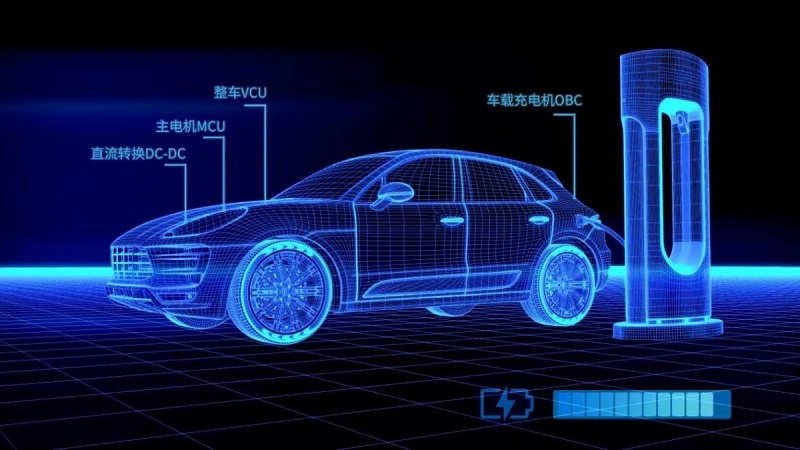
Vehicle-mounted DSP: New applications create opportunities for domestically produced “chips”
Affected by the chip shortage that broke out in 2020 and geopolitical factors, car companies have gradually begun to accept products from domestic chip companies and even directly invest in research and development. At the same time, domestic chip manufacturers are also willing to invest in vehicle-specific processes. These have laid the foundation for the development of domestic automotive DSP.
Digital signal processor (DSP) is a type of semiconductor device specifically used to implement digital signal processing algorithms. It is known as the "four general chips" together with CPU, GPU, and FPGA; relying on rich digital signal processing instructions, independent and efficient With storage and bus structure, more complete peripheral resources and low power consumption, DSP can quickly complete signal acquisition, complex calculation processing, control vector output and communication data interaction, and is especially suitable for real-time control applications. At present, our country is continuing to promote the high-quality development of the new energy automobile industry and accelerating the construction of an automobile power. The theme of the first half of the new energy automobile industry is electrification, and the theme of the second half is intelligence. DSP, as a real-time controller, can provide important support at the basic device level. To create a sustainable and stable new energy vehicle industry chain and supply chain, the development of DSP chips is of great significance and has broad market prospects.
For example, the 32-bit floating-point DSP chip AVP32F335 series, 32-bit fixed-point DSP chip ADP32F035 series, and 16-bit fixed-point DSP chip ADP/ADM16F03 series developed by Jinxin Electronics comply with IATF16949 and AEC-Q100 standards, have been approved by OEM manufacturers, and have been commercialized. mass production. For domestic DSP companies, they should seize this rare window of opportunity, promote cooperation between upstream and downstream, and promote industrial development through multi-party collaboration.

